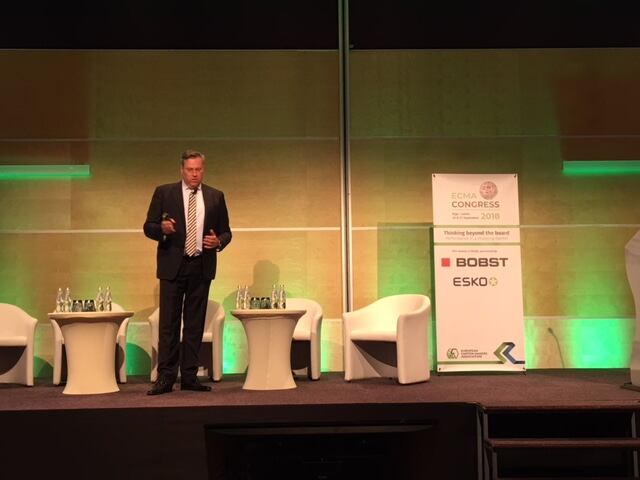Microplastics is an umbrella term for plastic particles <5 mm in size which originate from more than 5,000 plastic material grades.
Plastic particles
According to VU University Amsterdam, microbeads, nurdles and fragments of plastic materials make their way to the environment, the food chain, and in air particles as the unintended plastic microdebris of the global plastics production.
The plastic materials are themselves mixtures of any number of polymers, copolymers, chemical additives, non-intentionally added substances (NIAS), fillers and residual monomers.
The project with Plastic Soup Foundation was announced at this year’s ECMA (European Carton Makers Association) Congress in Riga, Latvia (September 20-21).
The researchers plan to; create a Plastic Food Footprint, developing methodologies to measure and identify plastic contamination in environmental matrices; assessing risks of plastics and microplastics to the environment and humans; assessing toxic chemicals and plastic in plastic waste and recycling streams and merging scientific facts within interdisciplinary collaborations towards mitigation.
“Microplastics are emerging environmental contaminants that pose growing concerns for the environment,” said Dr Heather Leslie, who is leading the project alongside Prof Dr Dick Vethaak and Dr Sicco Brandsma.
“There is an urgent need to provide high quality data on spatial and temporal trends of plastic particles in a wide range of sample matrices, however the environmental contaminant analysis community is challenged to provide such data.
“For example, the current lack of sufficient quality assurance and quality control (QAQC) tools such as interlaboratory studies hinder comparable results between laboratories.
International workshop
“The Dept. of Environment and Health of the Vrije Universiteit has recognized the need for an open interlaboratory study on plastic particles in a variety of sample matrices and has teamed up with interlaboratory study provider QUASIMEME and NIVA to meet this need.”
According to Maria Westerbos, founder/director, Plastic Soup Foundation, which she set up in 2011, to tackle the problem of plastic pollution at source, if manufacturers were to produce more than 1,124 million tons of plastic in 2050, proportionately almost four times that amount of plastic will leach into the environment where it will slowly disintegrate into minute particles.
VU University Amsterdam is organizing an International Workshop in English from November 27-28, 2018 to review issues surrounding microplastics analysis and to gather input from the expert analytical community. An interlaboratory study will be prepared following the workshop.
Participants can join the workshop and later register separately for the interlaboratory study (expected in 2019).
Date: 27 November 2018 (09:30-17:00) and 28 November 2018 (9:00 to 12:30).
Venue: Vrije Universiteit, O|2 Building, Auditorium, De Boelelaan 1108, 1081 HV Amsterdam, the Netherlands.

